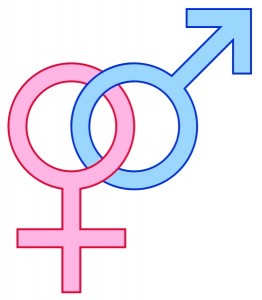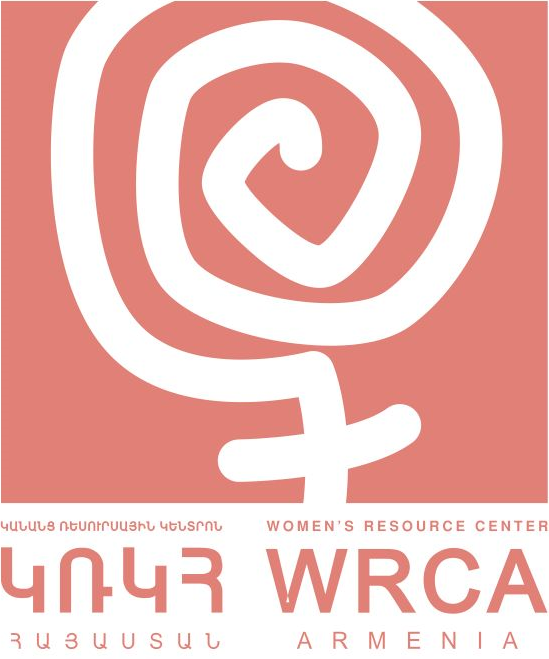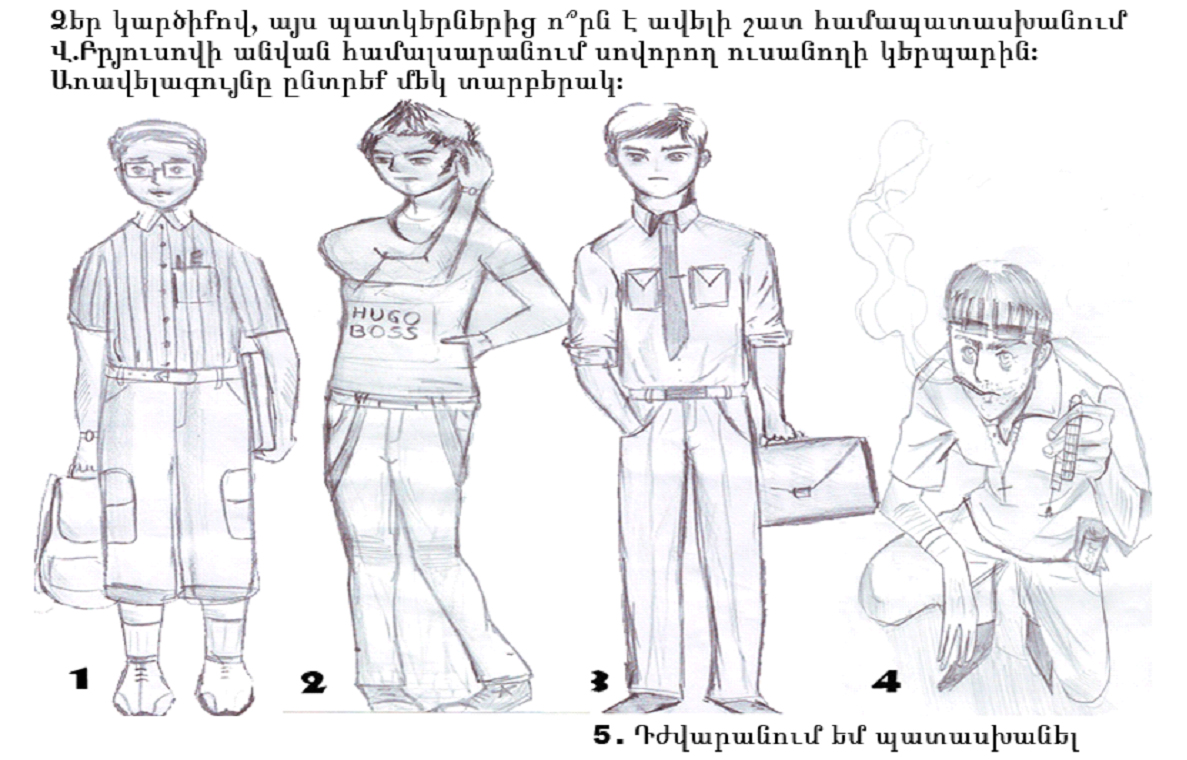
Abortion, which comprise small portion of pregnancy interruptions, is often performed when an undesirable trait is observed in the fetus. Abortions are also often carried when pregnancy itself is conditioned by more than one undesirable circumstance.
Undesirable traits may include:
- the unborn child is female and due to cultural factors the male child is more desirable,
- the fetus has certain physical defects,
- the fetus is not appreciated by the parents in other circumstance,
- during pregnancy, certain genetic features develop, threatening the health of the latter,
- social and household problems arise not deemed appropriate in raising a child under,
- etc.
Sex-selective abortions are carried out mainly in societies where the desired sex of the child is conditioned by cultural norms and traditions. In these types of societies, the importance is given to the boys more than girls, thus abortions are often carried when during a medical testing it becomes clear that the fetus is female. Countries where sex-selective abortions occur in high numbers include China, India, Pakistan, Taiwan, and the Caucasian countries. Many sex-selective abortions are also performed in South Caucasian countries such as Azerbaijan, Armenia and Georgia.
According to the National Statistical Service (NSS) from 2008 to 2010, the abortion estimates in Armenia ranged from 12,000 to 14,000. In 2011 in the Republic of Armenia, 43,000 children were born in which 23,160 were born male and only 20,487 were born female. Experts believe that such data can occur due to sex-selective abortions.
Traditionally, Armenians expect their first child to be a boy. The first boy symbolizes the man’s strength and power. It’s also believed that the male child will pass along the family name and contribute to the family tree, serving as the family’s defender. If a female is born first in the family, it’s believed that the family is “headless”. Furthermore, the child’s sex sometimes plays a major role in the family’s well-being and peace. For these reasons, people often perform sex-selective abortions, even though sex-selective abortions are illegal in Armenia.
According to the Article 10 of the law on human reproductive health and reproductive rights, the abortion can only be done by the women’s request until the 12th week of pregnancy. Abortion until the 22nd week can only be carried out if a medical-social intimations exist, and can only be performed with the mother’s consent.
Since it is possible to determine the child’s sex after only the 12th or even more weeks of pregnancy, abortion, without specific medical-social intimations, based on fetus’s sex is not permitted by law. Unfortunately, regardless of this law, sex-selective abortions have always existed and will continue to exist until more appropriate actions are undertaken.
Quite often women don’t want to get abortions because of sex related issues. They become victims of traditions and discrimination, sometimes under the pressure of violent force, sometimes under the pressure of the feeling of guilt: as according to the widespread traditional belief women are to blame if they are unable to grant the husband a male child. Belief, which is not more than another stereotype. In the midst of it all, people tend to forget that every child is a gift of life, regardless of the sex.
Elvira Meliksetyan



